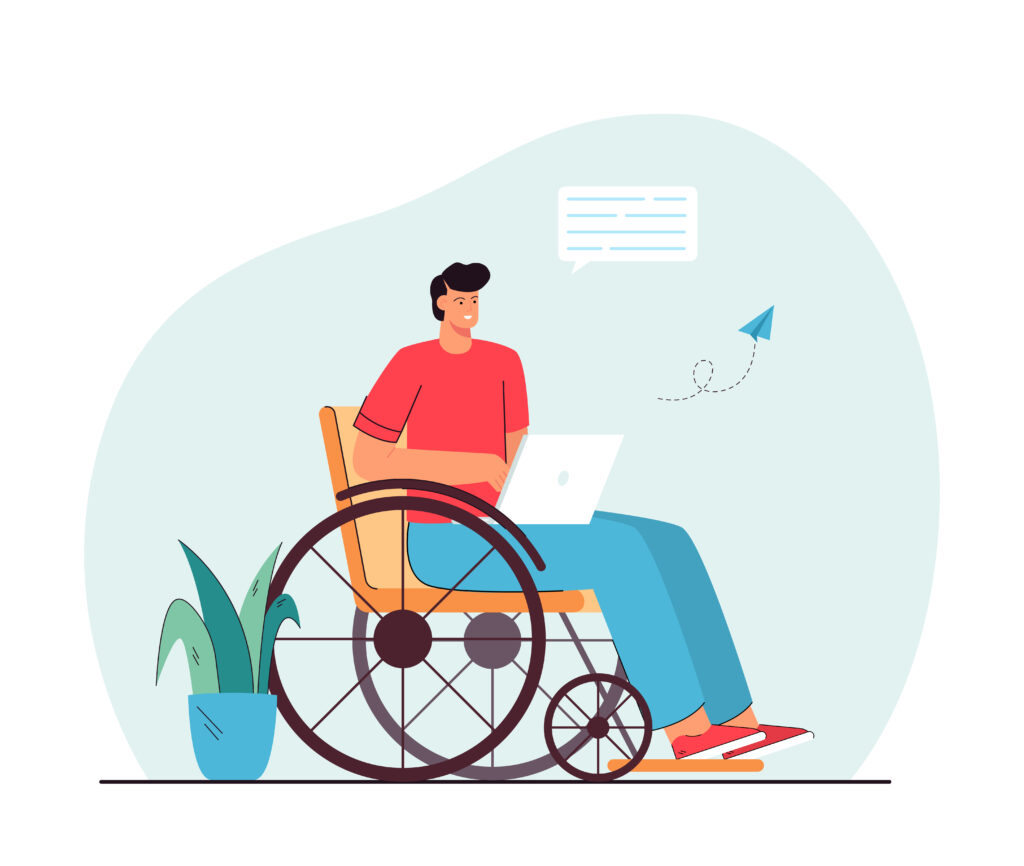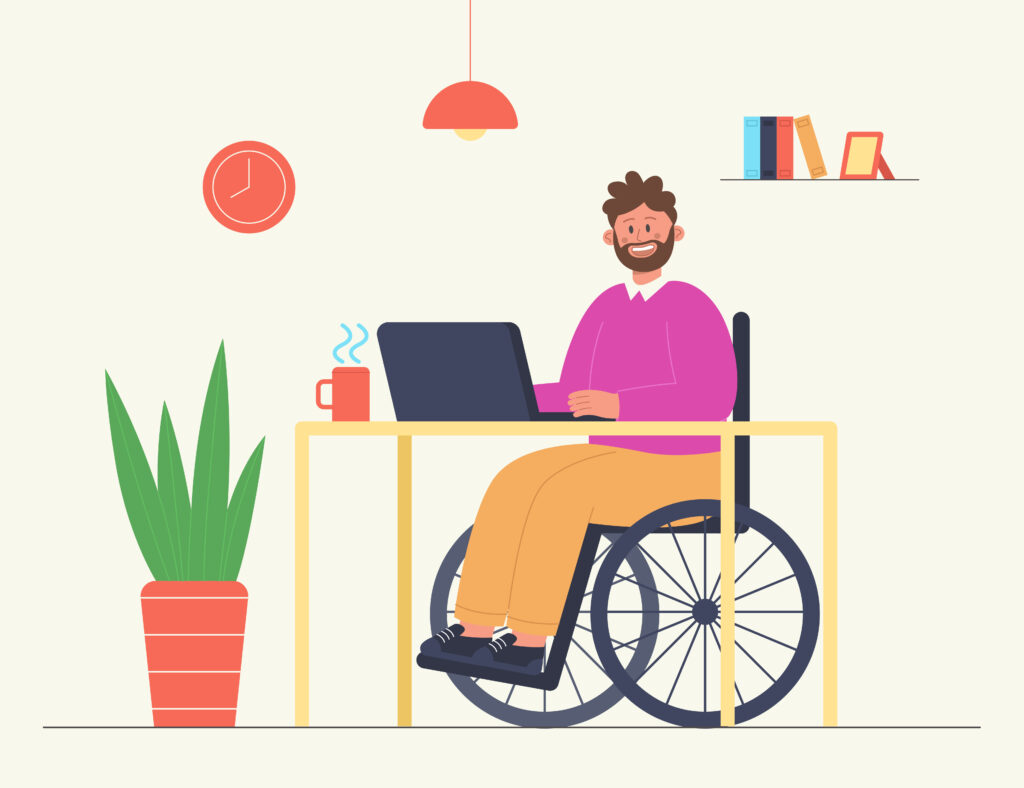Last updated on December 20th, 2024 at 01:55 pm
Dating someone with a disability can be a unique and rewarding experience, but it also presents a range of challenges. Understanding your partner’s disability and supporting their needs are essential for building a strong and healthy relationship. In this article, we will explore the distinct challenges and rewards of dating someone with a disability and provide strategies for understanding, supporting, and celebrating your partner’s needs.
Understanding Your Partner’s Disability

The first step in dating someone with a disability is to educate yourself about their condition. Research and education can help you understand the diagnosis and its implications, as well as the available resources and support. Additionally, it’s important to communicate openly with your partner about their disability, asking questions and being sensitive to their feelings and experiences.
Another important aspect of understanding your partner’s disability is making accommodations and modifications in daily life and social activities. This can include identifying accessible venues and experiences, as well as adjusting your daily routines to better support your partner’s needs. These efforts can significantly help them live their daily lives with greater autonomy and comfort.
Supporting Your Partner
Supporting your partner is an essential aspect of any relationship, but it can be particularly important when dating someone with a disability. This support can manifest in various ways, including emotional, practical, and advocacy.
Emotional support involves being present for your partner and listening to them when they need it. This includes acknowledging and validating their feelings, even if you don’t completely understand their experiences. It also means being patient and understanding when they require additional time to process their emotions or when certain situations may be particularly challenging for them.
Practical support can involve assisting with daily tasks or mobility. This may include driving them to appointments, helping with household chores, or providing personal care assistance. Furthermore, educating yourself about laws and benefits that could help, such as social security benefits and accessibility laws, can ensure your partner has the resources they need to live as independently as possible.
Advocacy support is crucial, as it involves speaking up for your partner when necessary. This can include educating others about the realities of living with a disability, challenging negative stereotypes and prejudices, and advocating for your partner’s rights. Furthermore, it can mean being an ally in situations where they may be marginalized or mistreated due to their disability.
It’s essential to recognize that everyone’s needs vary, and your partner may require different types of support at different times. Be attentive to their needs and be prepared to adjust your support to accommodate their changing circumstances. Supporting your partner with a disability means understanding and accepting them for who they are while helping them live the life they desire.
Overcoming Challenges
Overcoming the challenges of dating someone with a disability can be a considerable task. Societal stigma and discrimination, along with navigating the healthcare system, are among the most common obstacles.
Societal stigma and discrimination can manifest in various ways, ranging from negative attitudes and stereotypes to outright prejudice. Individuals with disabilities may be perceived as less capable or less deserving of love and respect, and they may encounter obstacles in numerous aspects of life, including employment, housing, and education. To address these challenges, it is crucial to recognize societal stigma and discrimination and to actively confront them. Educating yourself and others, surrounding yourself with a supportive community, and advocating for your partner can help combat negative stereotypes and prejudices.
Navigating the healthcare system can be challenging, especially when managing a disability that necessitates ongoing medical care. Locating quality care and services can be difficult and may demand significant time and energy. Furthermore, comprehending your partner’s medical needs and treatments can be overwhelming, requiring education, preparation, and patience.
It’s important to remember that every couple is unique and that no two individuals with disabilities share the same experiences. It’s essential to work together, communicate openly and honestly, and be willing to make adjustments as needed. By doing so, you can overcome obstacles and build a fulfilling and meaningful relationship.
Celebrating the Rewards

Dating someone with a disability can present challenges, but it can also bring numerous rewards. Building deeper connections through understanding and appreciating differences, as well as being grateful for shared experiences, can make the relationship stronger. Enhancing active listening skills and cultivating empathy and understanding can also be part of these rewards. Furthermore, gaining new perspectives by discovering insights into the world and uncovering strengths in unexpected places can be enriching for both partners.
Conclusion
Dating someone with a disability can present unique challenges, but it can also be a rewarding experience. Understanding your partner’s disability, supporting their needs, and overcoming challenges can strengthen the relationship. Additionally, celebrating the rewards, such as building deeper connections, gaining new perspectives, and improving communication, can make the relationship more meaningful. Open communication, education, understanding, and support are essential for making the relationship work. It is important to remember that every person with a disability is unique, and that understanding and supporting one another can enhance the strength of the relationship.


